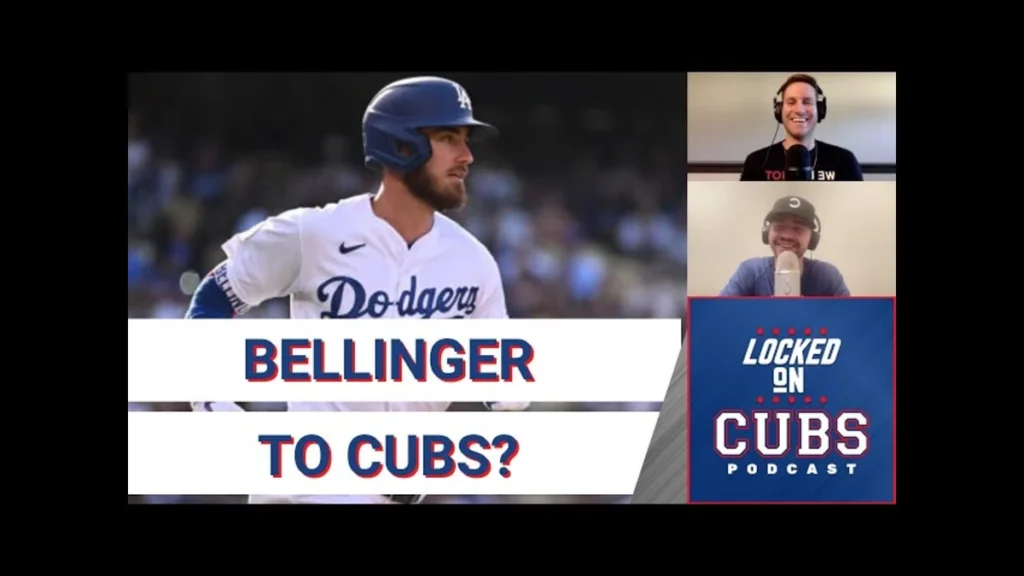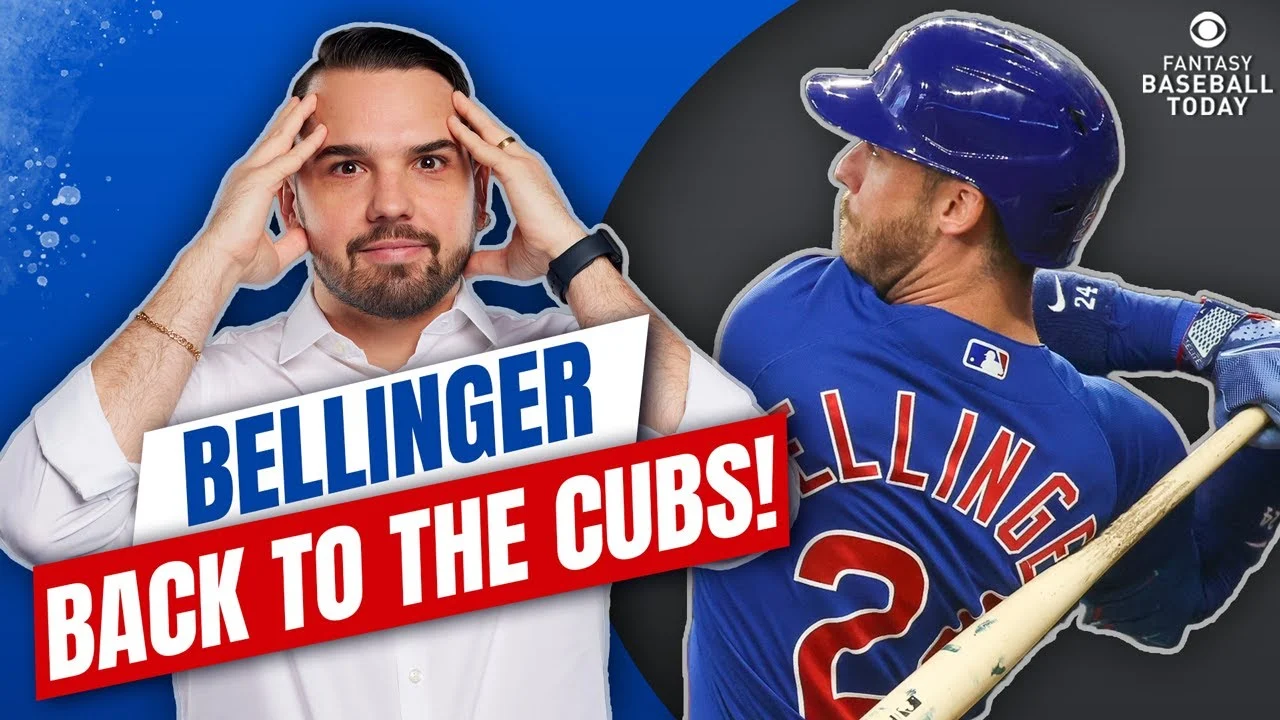Amidst the ever-shifting landscape of Major League Baseball’s offseason, negotiations between players and teams have taken on a new level of complexity. One such example is the recent contract agreement between Cody Bellinger and the Chicago Cubs, orchestrated with a keen eye towards adaptability and mutual benefit.
At the onset of the offseason, Bellinger and his agent, Scott Boras, harbored hopes for a long-term contract that would offer security and stability. However, as discussions progressed, it became evident that the market dynamics necessitated a more flexible approach. Thus, Bellinger opted for a three-year, $80 million deal with the Cubs, providing him the opportunity to reassess his options after each of the first two seasons.
- Adapting Expectations in a Shifting Market: Bellinger and Boras Adjust Strategy Amidst Changing Contract Landscape
- The New Deal: Opting for Flexibility Over Long-Term Security: Insights into Bellinger’s Three-Year, $80 Million Agreement with Cubs
- Navigating Team Concerns and Past Performance: Assessing Bellinger’s Market Value Post-Injury Seasons with Dodgers
- The Negotiation Dance: Crafting a Contract That Suits Both Parties: Behind-the-Scenes Look at Talks Between Bellinger, Boras, and Cubs Management
- Boras’s Free Agency Forecast: Insights into Agent’s Strategy Amidst Limited Long-Term Offers in Current Market
- Bellinger’s Renewed Commitment to Cubs: Player’s Excitement for Return to Wrigley Field and Chicago Fanbase
Real Madrid’s Shocking Revelation: Unveiling Football’s Untold Story
The decision to pursue flexibility over a long-term commitment underscores the pragmatism required in today’s MLB environment. Bellinger, a former MVP, faced uncertainties stemming from his recent performance with the Los Angeles Dodgers, where injuries hampered his productivity in the preceding seasons. Despite his standout track record, questions lingered regarding his market value, prompting a strategic shift in contract negotiations.

During the announcement of his return to the Cubs, Bellinger, accompanied by Boras and Cubs president Jed Hoyer, fielded inquiries about the offseason’s unfolding. Boras acknowledged the complexities of the current market, citing a notable decrease in spending among several MLB teams juxtaposed against record-high revenues in the league. This discrepancy presented a unique challenge for players and agents alike, necessitating a recalibration of expectations.
The Thaumaturge: Exploring the Realm of Supernatural Mastery
The negotiation process between Bellinger, Boras, and the Cubs was characterized by extensive dialogue and a commitment to finding common ground. While initial discussions about a longer-term deal began as early as July, both parties ultimately gravitated towards a shorter-term agreement that balanced their respective interests. Boras emphasized the importance of flexibility in the face of limited long-term offers, advocating for a pragmatic approach to free agency.
In crafting Bellinger’s contract, the parties prioritized adaptability, allowing him to reassess his position in the market after each season. This strategic maneuver not only provides Bellinger with increased agency but also aligns with the Cubs’ roster-building objectives. Hoyer hinted at the Cubs’ satisfaction with adding a versatile player of Bellinger’s caliber, whose defensive prowess and offensive potential bolster the team’s lineup.
Unveiling the Game Changer: Sport Surge – Your Ultimate Sports Streaming DestinationSports surge
Looking ahead, Boras remains active in the free agent market, representing several notable players, including pitchers Jordan Montgomery and Blake Snell, and third baseman Matt Chapman. Despite the uncertainties surrounding player signings, Boras maintains confidence in his clients’ readiness for the upcoming season, underscoring their preparedness to contribute regardless of the timing of their signings.
As Bellinger embarks on this new chapter with the Cubs, his decision to prioritize flexibility underscores the evolving dynamics of MLB’s player-team relationships. With an eye towards maximizing his value and contributing to his new team’s success, Bellinger’s commitment to adaptability reflects the pragmatism required to thrive in today’s competitive baseball landscape.



